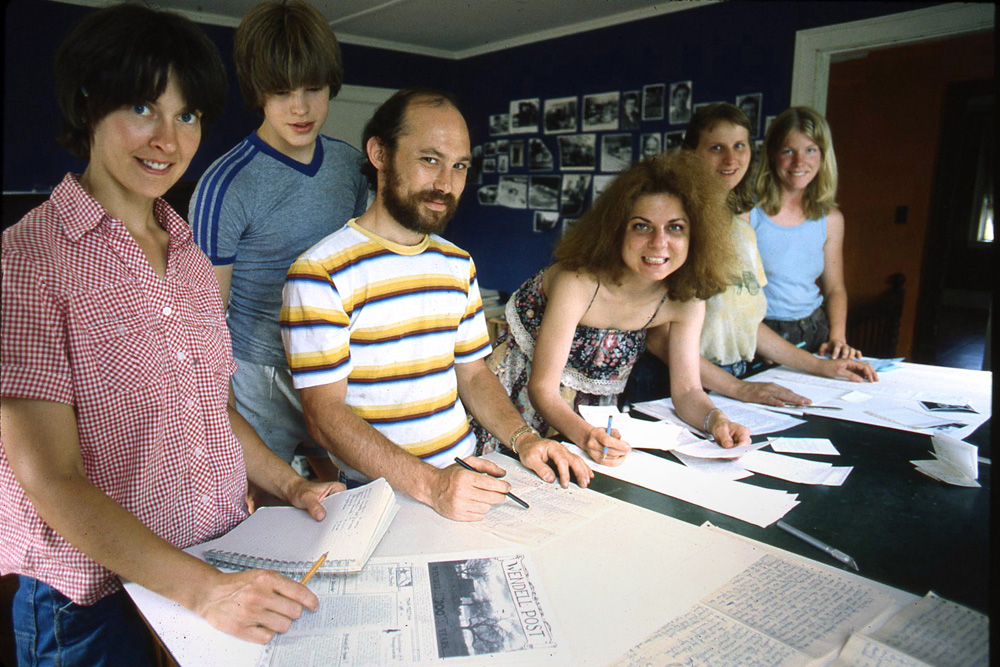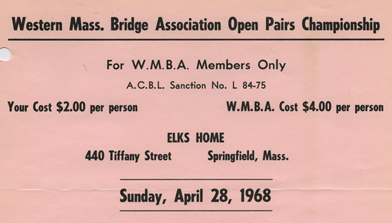Wellesley Monthly Meeting (Society of Friends) Records
The Wellesley Monthly Meeting (Society of Friends) was set off from Cambridge Monthly Meeting in 1958 after fourteen years of worship. Since the outset, Wellesley has been a member of Salem Quarterly Meeting and since 1992, it sponsored a worship group (now a Recognized Meeting) at the Massachusetts Correctional Institution at Norfolk until 2020.
The records of Wellesley Monthly Meeting are comprised of relatively complete set of meeting minutes from 1954 (when Wellesley was a Recognized Meeting under the care of Cambridge) to 2004, along with newsletters from 1965-2011.



